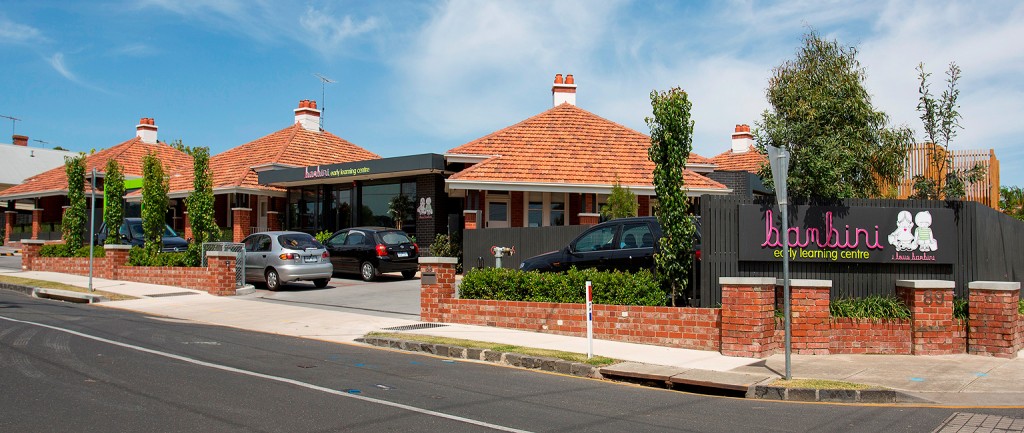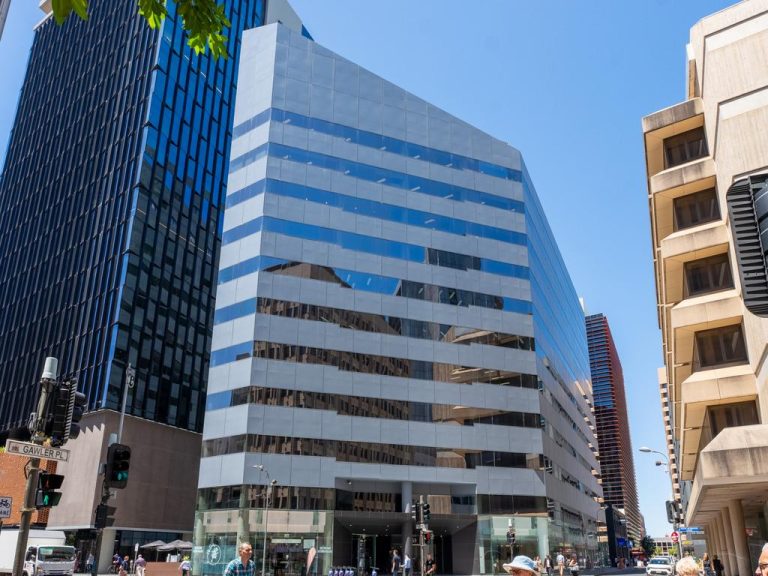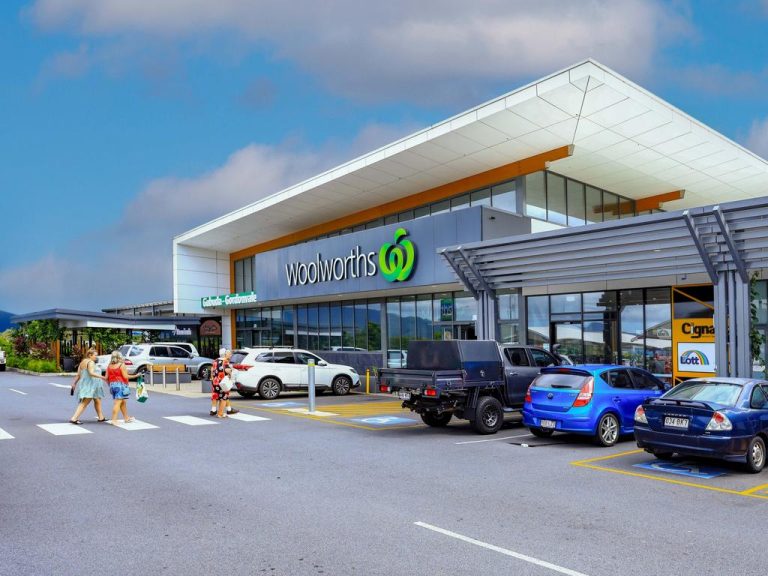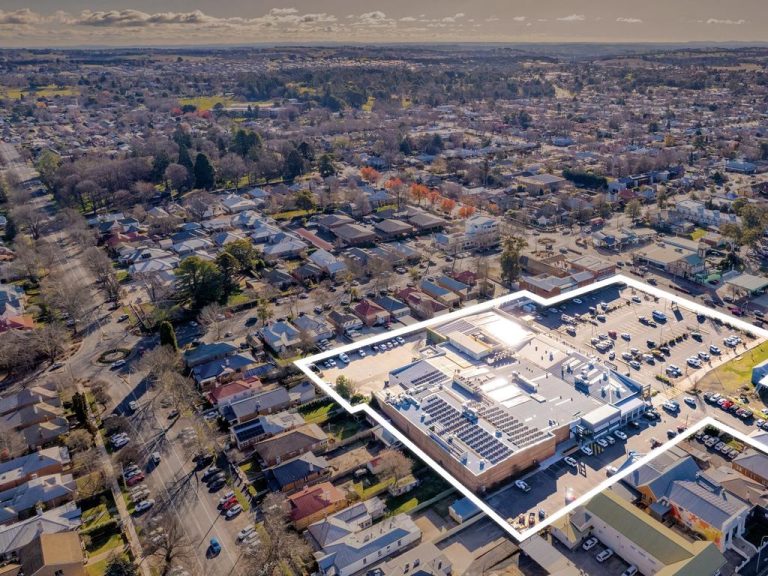Major players set to dominate childcare property market

Institutional investors are tightening their grip on Australia’s childcare centre market, driving yields down and potentially forcing private operators out, according to a report.
New institutional entrants into the booming childcare property space are expected to further consolidate their position throughout the remainder of 2016, acquiring more centres and maintaining the high transaction volumes seen during 2015 and the first half of this year, a Colliers International report into the industry says.
Illustrating the white hot interest in childcare-tenanted properties, one centre in suburban Sydney sold for $2.41 million on a record low yield of 3.9% in April this year, eclipsing the previous national record of 4.32%.
Colliers’ report suggests finding a childcare bargain could be a thing of the past as larger investors take control of the market, with the highest yield seen so far in 2016 just 7.3%.
“Historically, the childcare sector has been highly fragmented, with sales occurring sporadically, and at higher yields than the more traditional asset classes of office, retail and industrial,” the report says.
Prices soar: Record yields as investors flock to childcare centres
“Yields have sharpened quickly, and this is not surprising given the newly created competition that has occurred amongst organisations keen to expand their portfolio.”
Competition between traditional operators including G8, which runs 475 centres across Australia, and new market entrants will be among commercial property’s most competitive battlefields in the coming years, as the fresh players chase a larger slice of a very popular pie.

Childcare centres have become one of commercial property’s most sought after asset classes.
“This sector has proven attractive to stakeholders relative to other commercial sectors,” the report says.
Morgan Stanley’s Real Estate Investment trust recently entered the market, buying childcare operator and Australian Childcare Projects, which already has 10 centres running throughout Australia and more on the way. Another emerging force, Folkestone Education Trust, is set to develop 18 centres across the country.
Fresh start: Hoddle St eyesore to become childcare centre
Colliers’ report says the significant financial backing behind institutional investors will make it increasingly difficult for smaller operators and investors to compete.
“We’ll likely see a more competitive landscape as these new players create further industry consolidation, however it’s expected their current levels of growth will moderate due to the lack of space in the short term,” it says.
“Private operators and owners could also be pushed out of the market as the cost and time to obtain approvals and licenses place a significant strain on new business development, even though up to this point they have served the industry as feeder businesses,” it says.

Demand for childcare centres is predicted to continue throughout 2016.
“Institutional investors will acquire privately owned centres to quickly gain market share as they have traditionally been reluctant to take on development risk during this period.”
While inner city centres will remain highly sought after due to their consistent clientele base and underlying property value, Colliers’ report predicts centres in regional areas will begin to enjoy similar growth as city opportunities dry up.
“While it’s reasonable to assume that growth or new centres in inner city regions could be restrained due to land availability, the same does not necessarily apply to regional areas where land is more plentiful,” it says.
“As such, we think that over the longer term, growth will occur in outer regional areas, albeit limited, while inner city developments have been forced to become more innovative, creating opportunities for childcare centres within mixed use developments in order to keep up with growing demand.”







